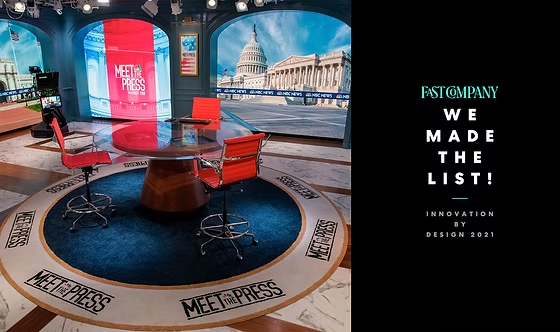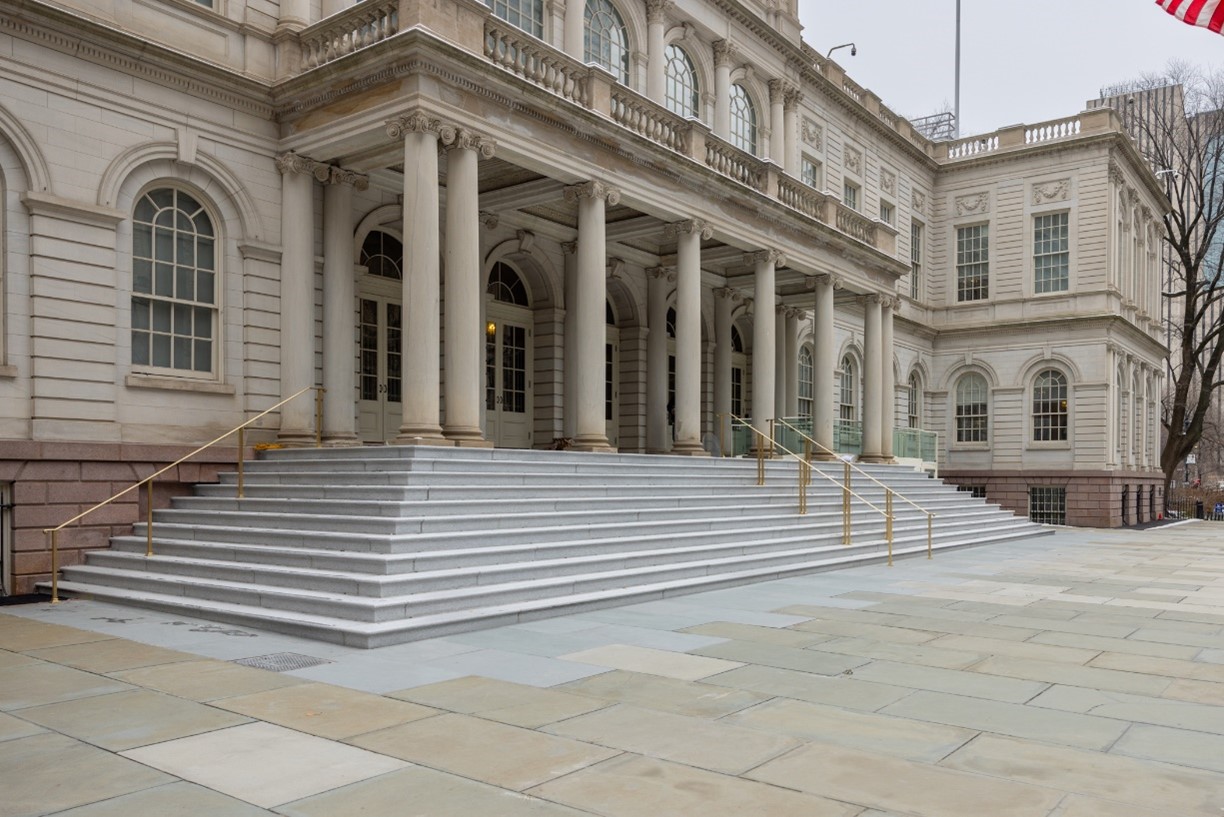In a controversial moment during his campaign for mayor of New York City, Zohran Mamdani faced criticism for his refusal to directly condemn the phrase "globalize the intifada," a term that has sparked outrage among Jewish communities and is widely regarded as anti-Semitic. His comments during a recent appearance on NBC News" "Meet the Press" have ignited a firestorm of debate about freedom of speech and the responsibilities of public officials.
Mamdani’s Stance on Free Speech
Mamdani articulated a belief that mayors should not "police speech," emphasizing his commitment to universal human rights. He stated, "That"s not language that I use," while also acknowledging the fears expressed by many Jewish New Yorkers regarding the phrase. This nuanced position raises critical questions about the limits of free speech in a diverse society. As noted in the book by David Kaye, the struggle to govern speech is one of the most consequential debates of our time.
Conversation on Hate Crimes
In response to the backlash, Mamdani is advocating for an astounding 800% increase in funding for anti-hate crime programming. This proposal is crucial as New York City continues to experience a rise in hate crimes, particularly against Jewish communities. According to recent reports, anti-Semitic incidents have surged, highlighting an urgent need for effective measures and community support. By committing to bolster funding, Mamdani aims to address these alarming trends and provide resources for prevention and education.

News | HD Studio
Reactions from Jewish Organizations
Jewish organizations have been quick to respond to Mamdani"s comments. Jonathan Greenblatt, CEO of the Anti-Defamation League, called the phrase "globalize the intifada" an "explicit call for violence," indicating the significant impact of language in shaping public sentiment and safety. This sentiment was echoed by Rep. Dan Goldman, who expressed concerns that Mamdani"s reluctance to condemn the phrase could undermine his fitness to lead a city with a robust Jewish population.
The Complex Landscape of Free Speech and Safety
This situation highlights the complex intersection of free speech and community safety. While Mamdani"s commitment to human rights is commendable, the question remains: where should the line be drawn between protecting free expression and safeguarding vulnerable communities? As reported by scholarly discussions on campus free speech, the rise of anti-Semitism is a pressing issue that requires thoughtful engagement and active measures.
Political Implications of Mamdani’s Comments
Mamdani"s refusal to unequivocally denounce the phrase may have significant repercussions in the political arena. With the mayoral primary fast approaching, his opponents are likely to leverage this moment to question his leadership capabilities. The political fallout could have broader implications for progressive candidates who champion free speech while navigating the sensitive terrain of hate crimes. As noted in research on free speech in New York City, the balance between liberty and safety is fraught with challenges that require nuanced understanding and responsiveness from leaders.

Historic City Hall Steps Re-Open After $4.6 Million Project ...
Public Discourse on Anti-Semitism
The national discussion on anti-Semitism and its manifestations has gained momentum, especially in light of recent events. Mamdani"s comments reflect a larger societal struggle to confront hate while fostering an environment of open dialogue. The phrase "globalize the intifada" has become a rallying cry for some advocating for Palestinian rights, yet it simultaneously alienates many within the Jewish community. Moving forward, it is essential to engage in conversations that acknowledge the complexities of these issues without resorting to inflammatory rhetoric.

![[Video] Anti-ICE Protester Pepper Sprayed as CBP Agents Disperse Crowd in Minneapolis](/_next/image?url=%2Fapi%2Fimage%2Fthumbnails%2Fthumbnail-1768260677127-y71sb7-thumbnail.jpg&w=3840&q=75)

![[Video] Several injured as U-Haul truck drives through Iranian protestors in Los Angeles](/_next/image?url=%2Fapi%2Fimage%2Fthumbnails%2Fthumbnail-1768176682028-q95y6j-thumbnail.jpg&w=3840&q=75)
![[Video] Scuffle breaks out between Trump supporters and Anti-ICE protesters in Times Square](/_next/image?url=%2Fapi%2Fimage%2Fthumbnails%2Fthumbnail-1768165958203-hgcgb-thumbnail.jpg&w=3840&q=75)


![[Video] Gunfire between Iraqi security forces and Sadr militias in Baghdad](/_next/image?url=%2Fapi%2Fimage%2Fthumbnails%2Fthumbnail-1768343508874-4redb-thumbnail.jpg&w=3840&q=75)
